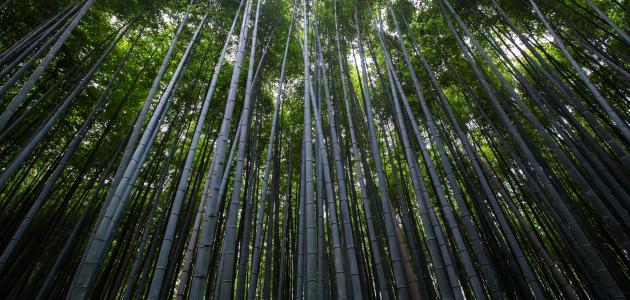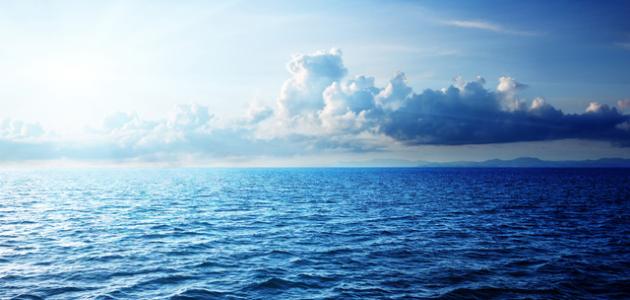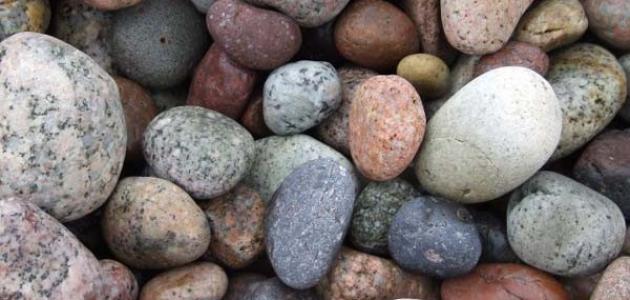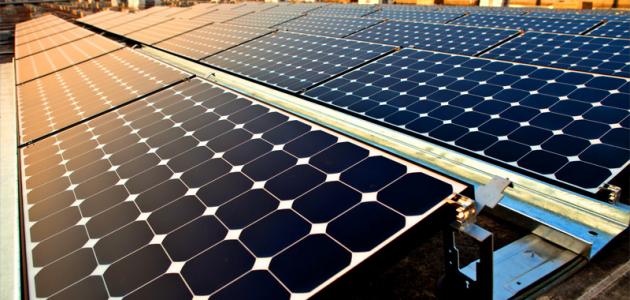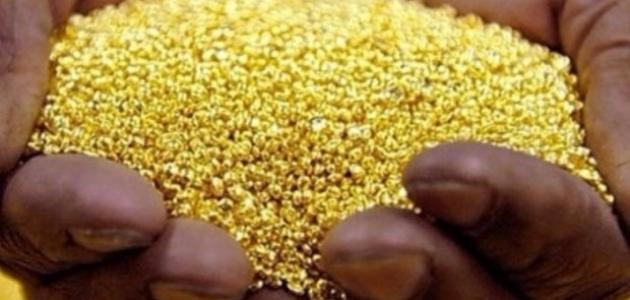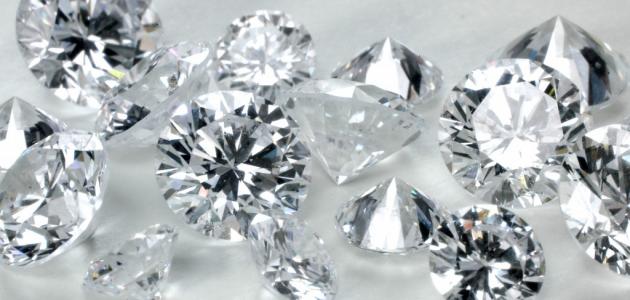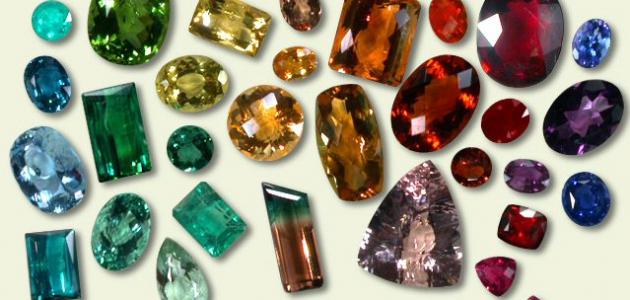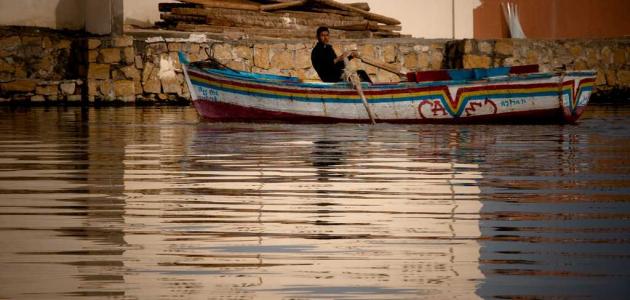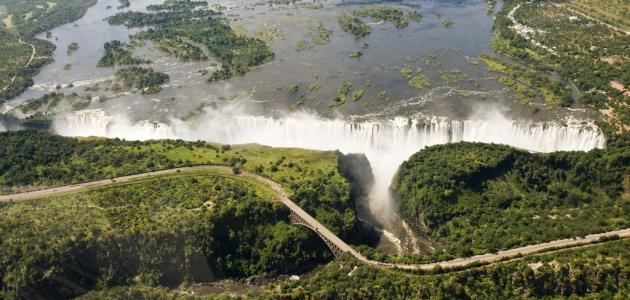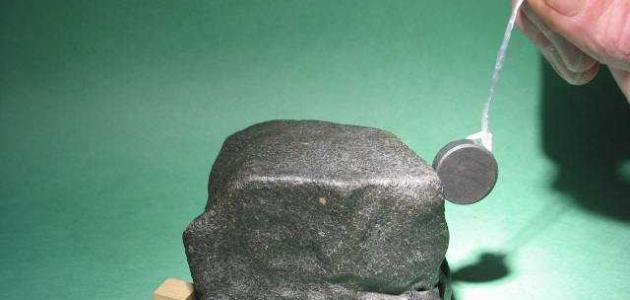Natural Resources
Natural resources are the elements created by God Almighty on this planet to facilitate human life, such as vegetation cover, water, oil and its hardships, as well as air, and these elements are divided into several sections according to renewal, and the sections are renewable resources such as vegetation, livestock, and rain , and non-renewable resources such as: minerals such as gold and aluminum, and permanent natural resources such as sunlight and wind movement, as well as tidal movements, and there is no doubt that these sources must be preserved, in a vigorous manner, because neglecting them leads to pollution, depletion of non-renewable ones, or the extinction of renewable and non-renewable Especially if it was dealt with brutally.
Preserving natural resources
Vegetation and livestock
- Establishing a system for grazing livestock, so that it warns livestock breeders to graze their livestock continuously in a specific area, which leads to a lack of vegetation cover in this area, so it is better to divide the grazing area into several sections, so that the herdsman grazes his livestock for a period of time in each section, and in this way Plants are aware of the opportunity to regrow, and this method helps to spread plants on a larger scale, through the transmission of pollen attached to livestock, or through plant seeds found in the droppings of these animals.
- Prohibition of hunting a certain type of animal in a brutal and continuous manner, so that this type of animal does not become extinct, and in the event that one of the animal species is at risk of extinction, work must be done to place this animal in a reserve, and to create all the conditions that help it to reproduce.
- Using a drip system to irrigate crops in order to preserve the strength of plants, and to protect them from the emergence of weeds that are harmful to them as a result of too much water, or soil erosion that leads to the exposure of their roots.
- Establish deterrent penalties for anyone who destroys the vegetation cover, such as setting fire to an area dense with trees, or cutting down trees extensively for profitable purposes such as building residential buildings, or for using wood in wood industries, and wood products must be refined, to limit the use of tree wood.
Petroleum and its derivatives and minerals
- Using the movement of water and wind to produce energy instead of relying on oil and its derivatives.
- Educating people about the importance of saving electricity, such as turning off the lights in rooms where no one is present, turning off the lights during the day, using the washing machine once every three days, and so on.
- The state must provide solar cells and use them on lighting poles in the streets to light these streets at night, instead of lighting them using electricity. It is possible to distribute solar cells on rooftops to produce electrical energy, instead of producing it using fuel.
- Recycling of metals in order to reduce the use of raw metals in nature.
water
- Refining waste water and using it in industrial and agricultural uses.
- Spreading awareness among people about the importance of water and ways of rationalizing its use. It is possible to spread awareness by using media advertisements, seminars or meetings in schools, such as washing clothes at once, and scouring twice or thrice a day. Tap water should be light.
- Making artesian wells that are separated and far from cesspits, to take advantage of rainwater instead of wasting it.
- Establish deterrent penalties for those who dump waste and wastewater into water sources.
